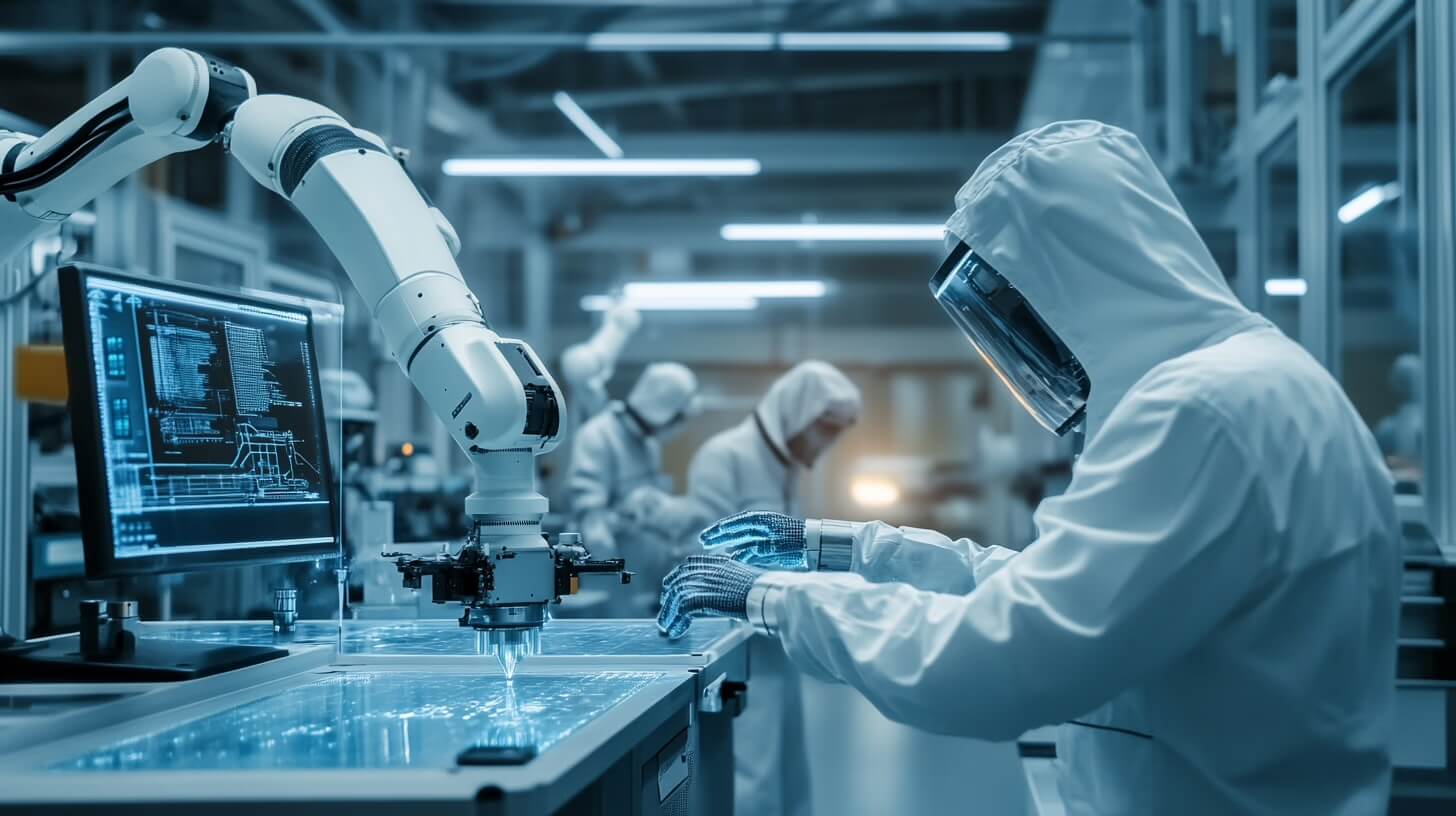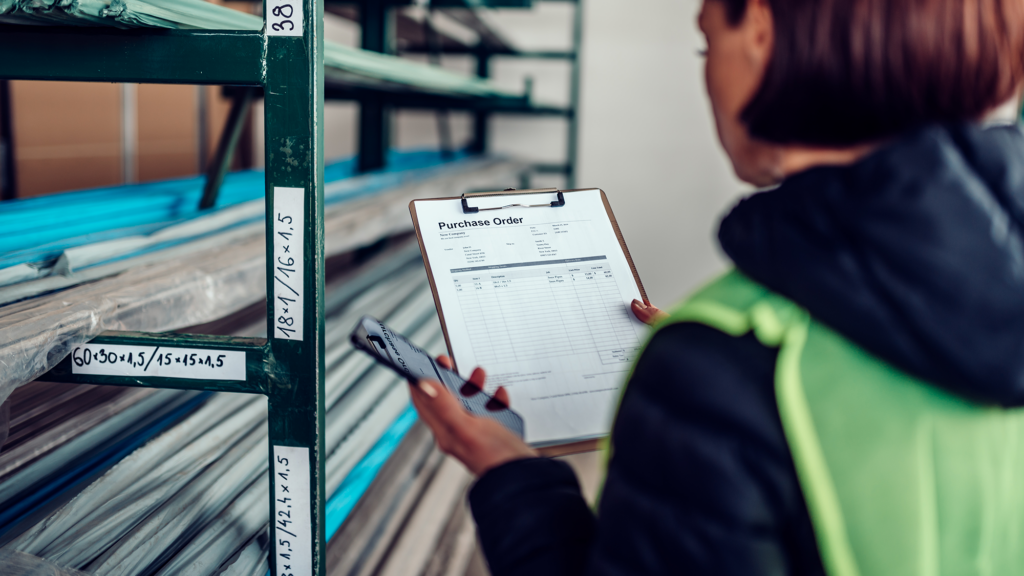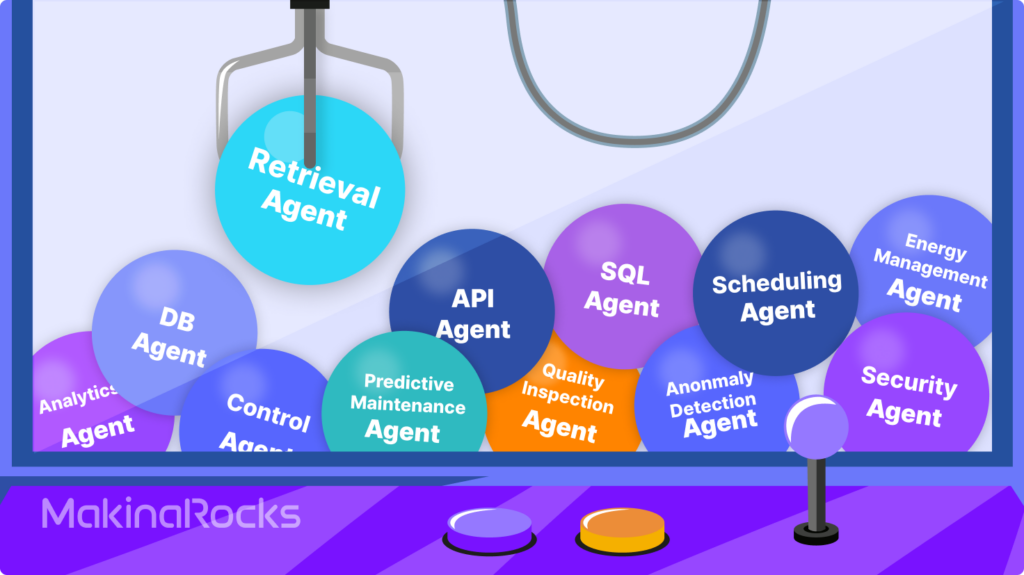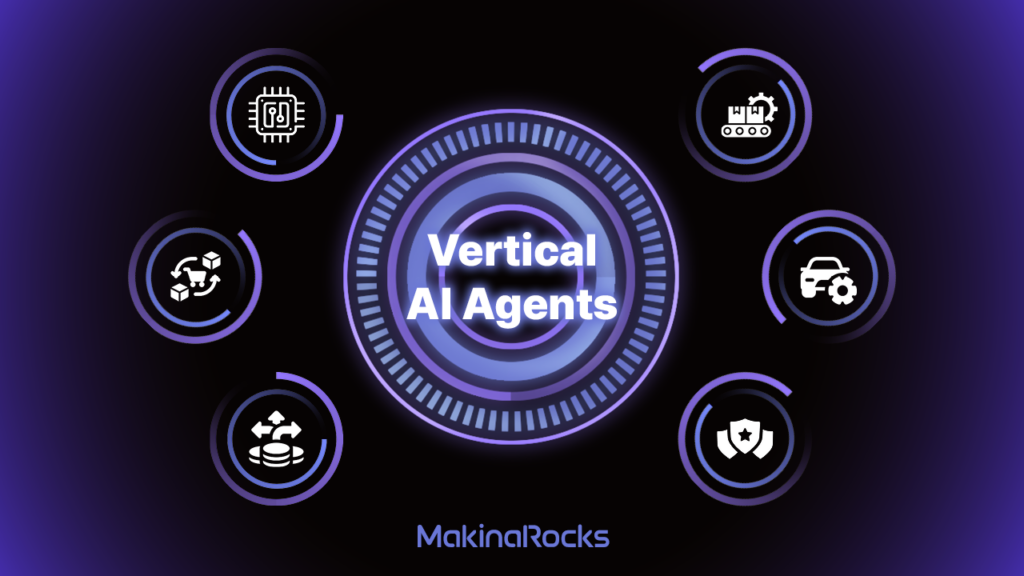Specialized AI for Manufacturing
AI built to understand and act
in complex manufacturing environments
Manufacturing is complex — and it moves fast. That’s why it needs smarter AI.
MakinaRocks delivers, bringing generative AI and advanced agents directly into production.
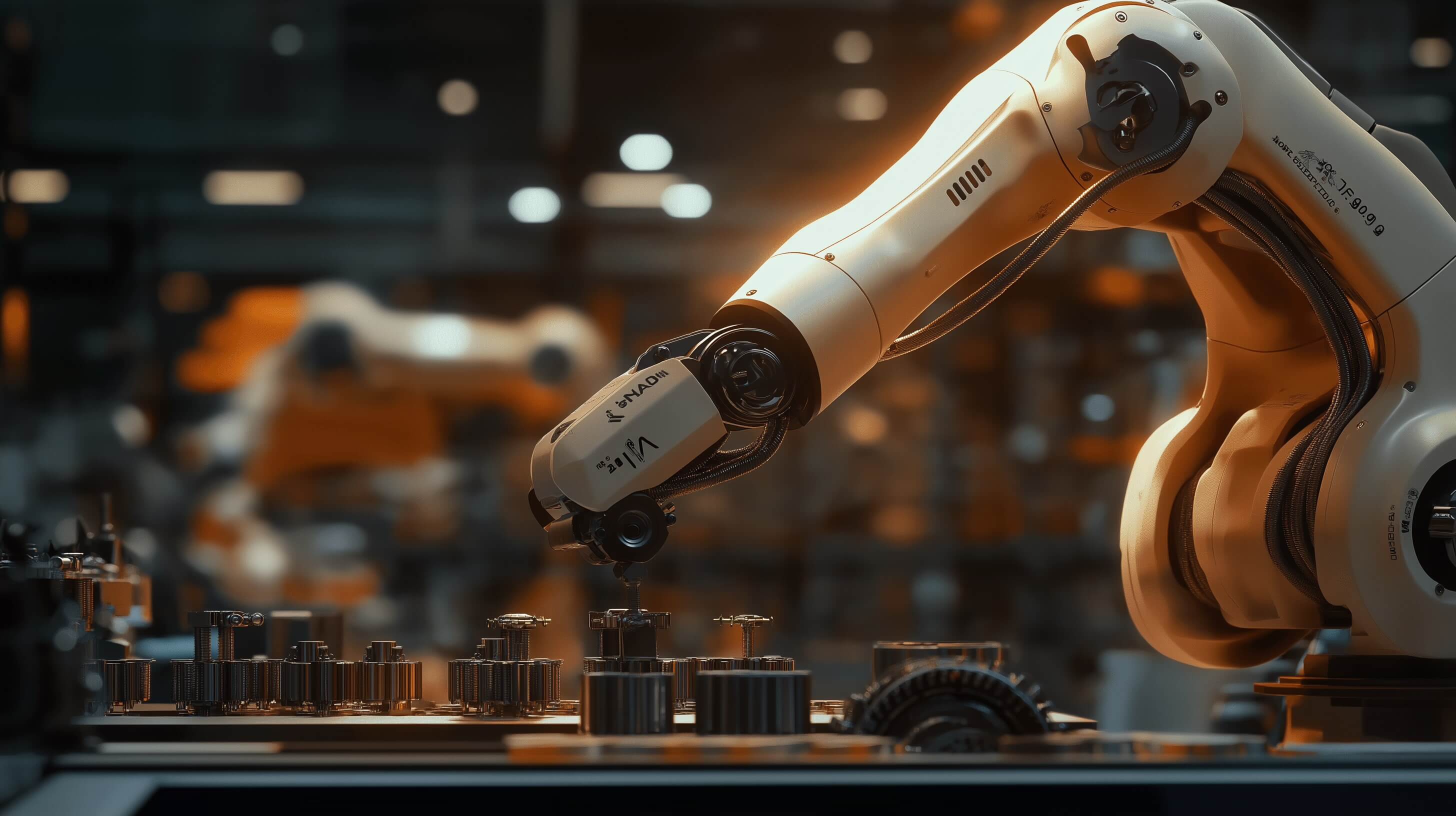
Our Offerings
-
Automated drawing analysis and design review
AI automatically compares and analyzes product, floor plan, and other drawings — verifying compliance and flagging changes. It accelerates initial and iterative reviews, improves design quality, and auto-generates BOMs, purchase orders, and quotations to boost productivity beyond the design team.
-
Standardizing unstructured industrial documents
AI converts customer orders, work instructions, inspection reports, and other irregular formats into standardized, searchable data linked to BOMs(Bill of Materials) and production plans — cutting document processing time and enhancing collaboration, quality control, and knowledge sharing.
-
Intelligent search for closed networks
AI mines massive volumes of unstructured site data — manuals, inspection logs, quality records — inside secure, closed-network environments. Leveraging LLMs, it delivers real-time answers to engineers’ natural-language queries, enabling faster, data-driven decisions without compromising security.
-
AI-driven equipment anomaly detection and diagnosis
AI detects early warning signs in critical equipment such as industrial motors and robots, forecasting remaining lifespan and potential failure causes. This minimizes unplanned downtime, boosts maintenance efficiency, and empowers field engineers with real-time predictive diagnostics.
How Specialized AI Works
1. Behavior Guiding
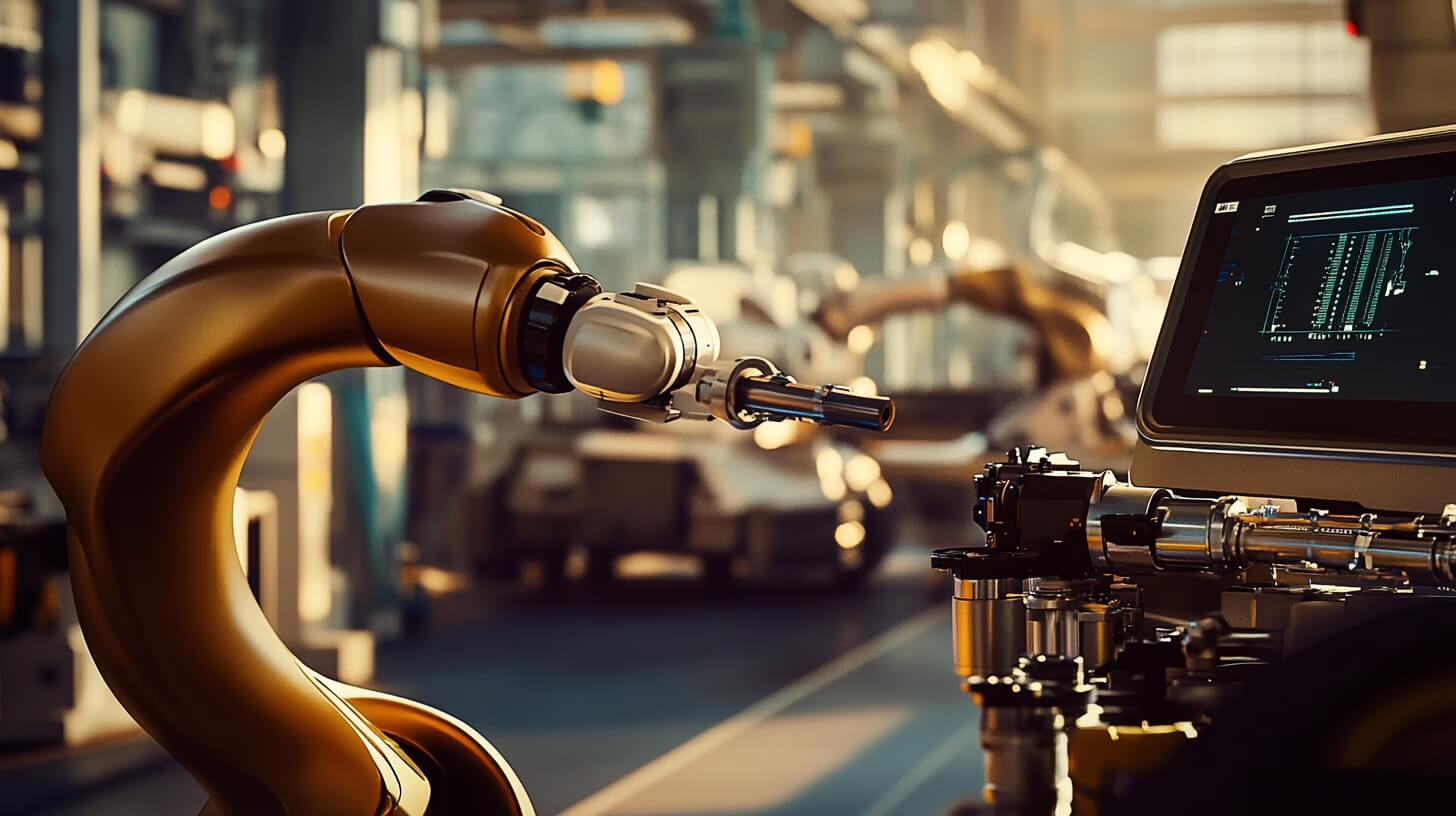
Natural language execution support for frontline workers
Workers issue instructions in natural language, and AI converts them into process execution logic — eliminating complex commands. Visualized reasoning builds trust, while automatic error handling and history tracking improve both safety and efficiency.
2. Agent Learning
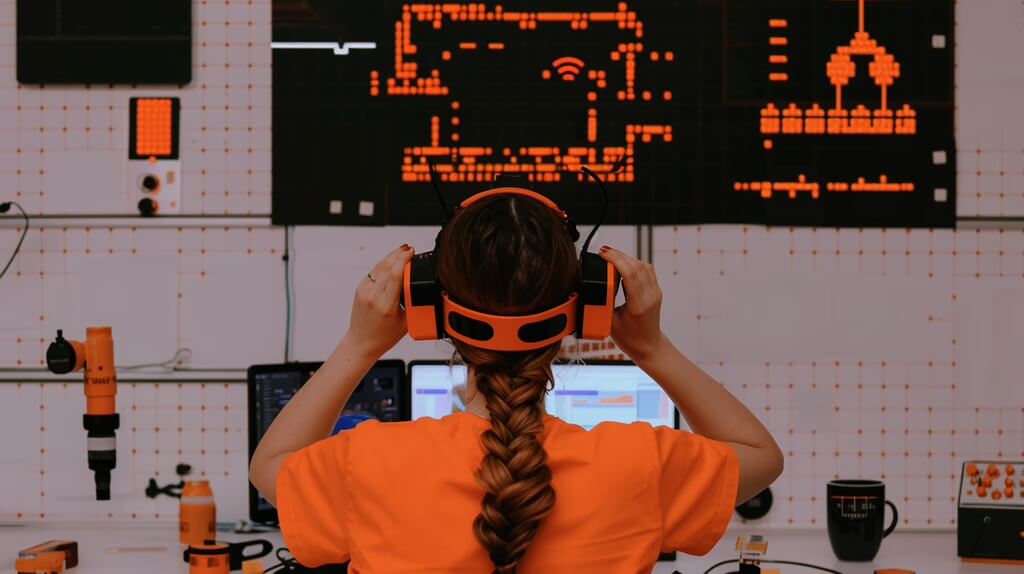
Continuous learning and pattern recognition from unstructured data
AI learns from work instructions, production logs, and failure histories to recognize process patterns and recommend countermeasures in similar situations. Over time, it refines its models to reflect real-world conditions, delivering more precise and reliable judgments.
3. World Modeling
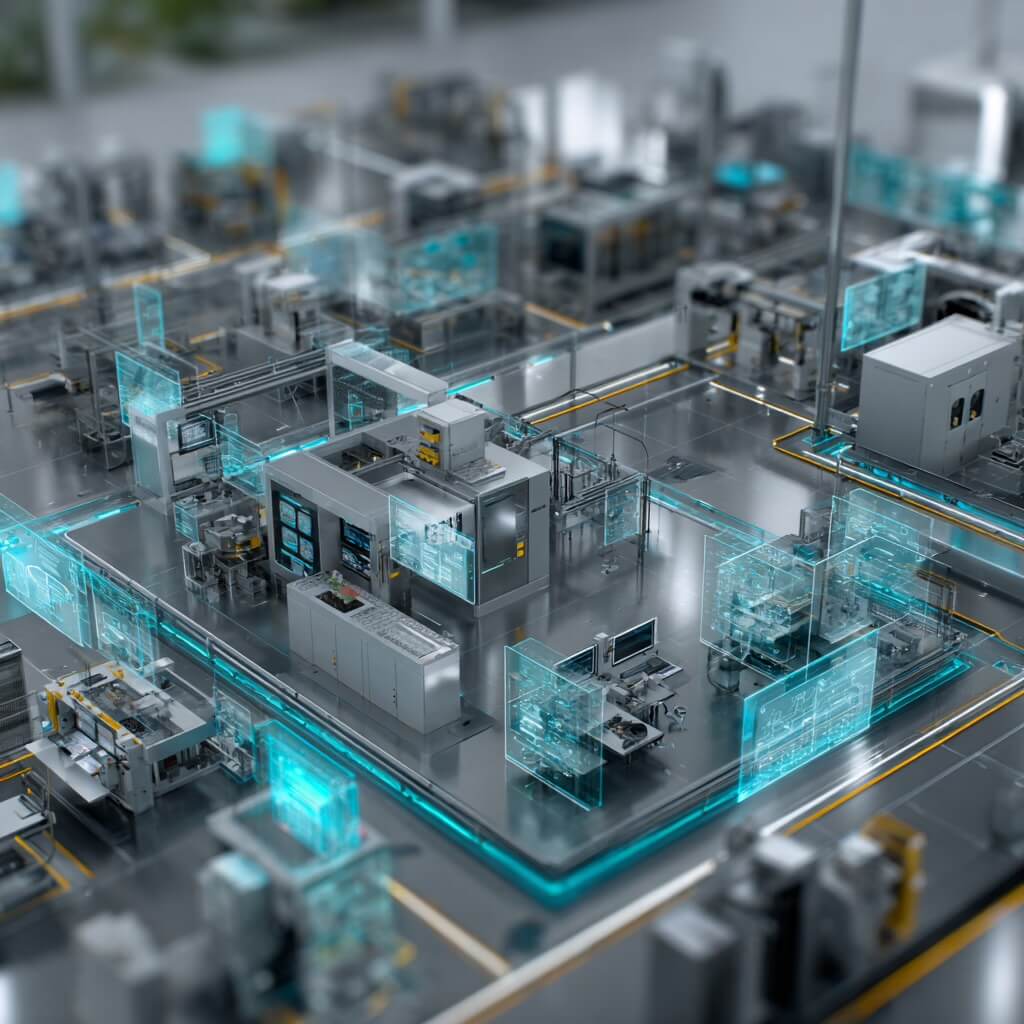
Structured simulation of equipment and processes
AI digitally models equipment interfaces, material flows, and process logic to run impact analyses and scenario tests. This pre-validates process changes and automation strategies, ensuring stability, reliability, and faster rollout of new operations.
Domain-Specific AI
Built to Understand and Act
